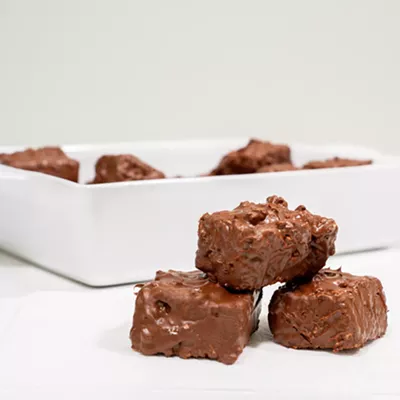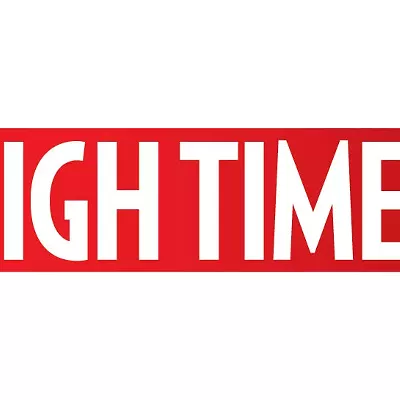Despite the presence of a thriving legal market for recreational cannabis in Washington, off-market products continue to work their way into the state.
A quick web search for "delta-8 THC" or "THC-O" brings up countless news stories, most from national outlets like NBC, or cannabis-focused publications like Leafly, but also smaller community newspapers like the Kirkland Reporter and Sequim Gazette. In recent months, those papers and others owned by Sound Publishing — which owns 49 local newspapers in Washington, mostly in the Puget Sound area — have been running sponsored content stories about delta-8 THC and THC-O products, complete with product reviews and links to retailer websites.
These two chemicals have been generating headlines across the country this year for their growing popularity. Delta-8 and THC-O produce similar effects to THC, but thanks to a loophole in federal law, they're essentially legal. They've also generated headlines for the regulatory backlash against them, with many states opting to ban the substances. In April, Washington became one of those states when the Liquor and Cannabis Board clarified that delta-8 is banned under state law. It cannot be sold in the state's legal market and is classified as a Schedule I controlled substance.
The ban hasn't stopped the advertisements, however.
Sound Publishing's papers continue to run the sponsored content pieces regularly, as recently as this past week, months after the ban was put in place. Because the ban applies to state-licensed cannabis dispensaries, and not the online hemp retailers being advertised, it's still possible to buy delta-8 in Washington, though the legality of possession is unclear.
State law considers delta-8 to be a Schedule I controlled substance. Federal law differs, thanks to a loophole in the 2018 Farm Bill, which legalized hemp nationally. Since delta-8 is produced from legal hemp, it too is considered to be legal. For now.
Earlier this year delta-8 was added to the Drug Enforcement Administration's so-called orange book, the DEA's official list of controlled substances. But that does not mean the DEA is actively enforcing anything relating to delta-8 at this time.
Beyond the issues of legality, though, are issues of health and safety. Products produced within the state's legal market are subject to strict quality control, regulation and testing. Products produced outside that market, like delta-8 and THC-O products, are not subject to such stringent rules. That leaves consumers to trust manufacturers and retailers about what exactly is and is not in these products. ♦





















